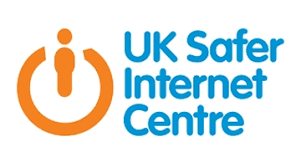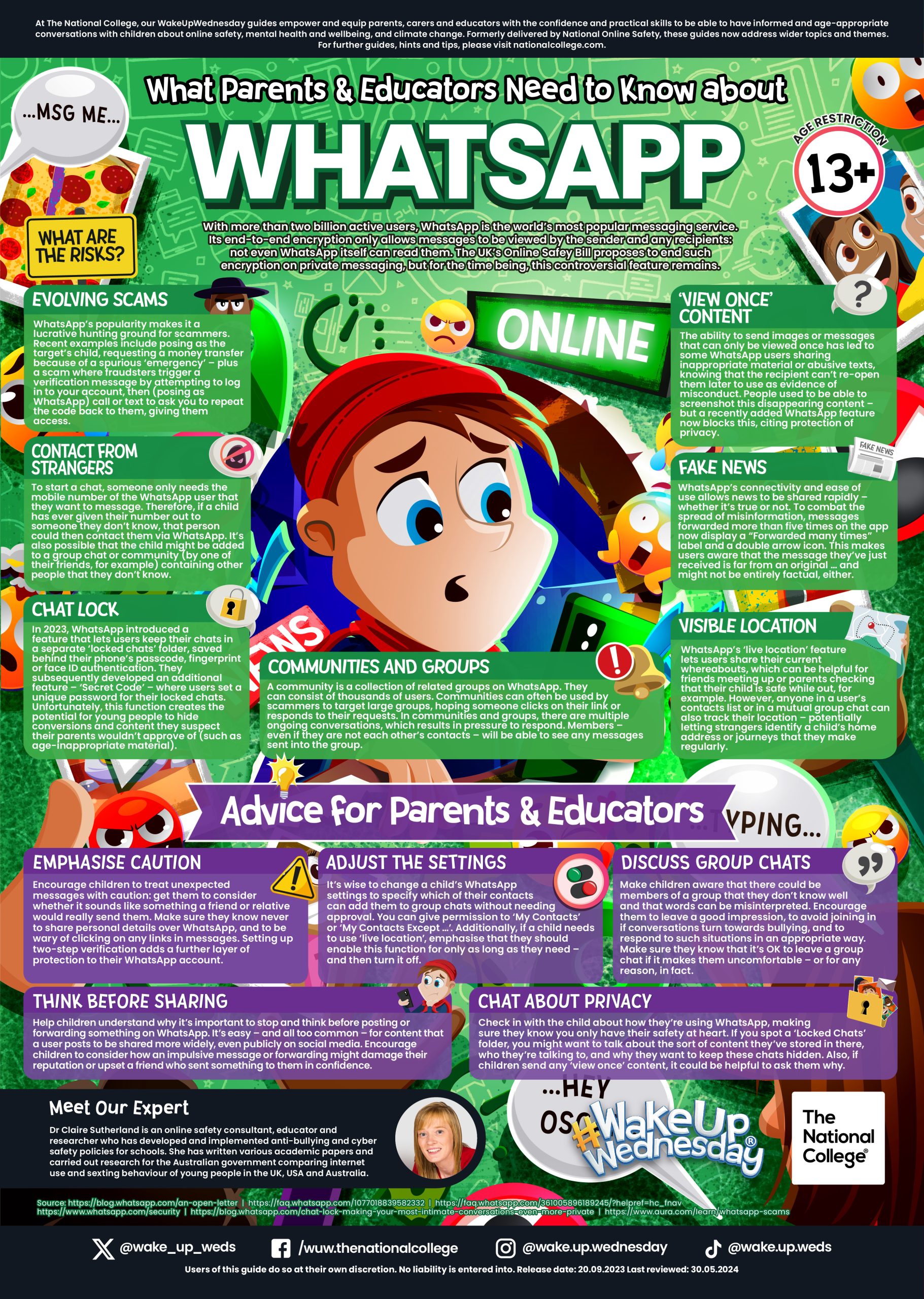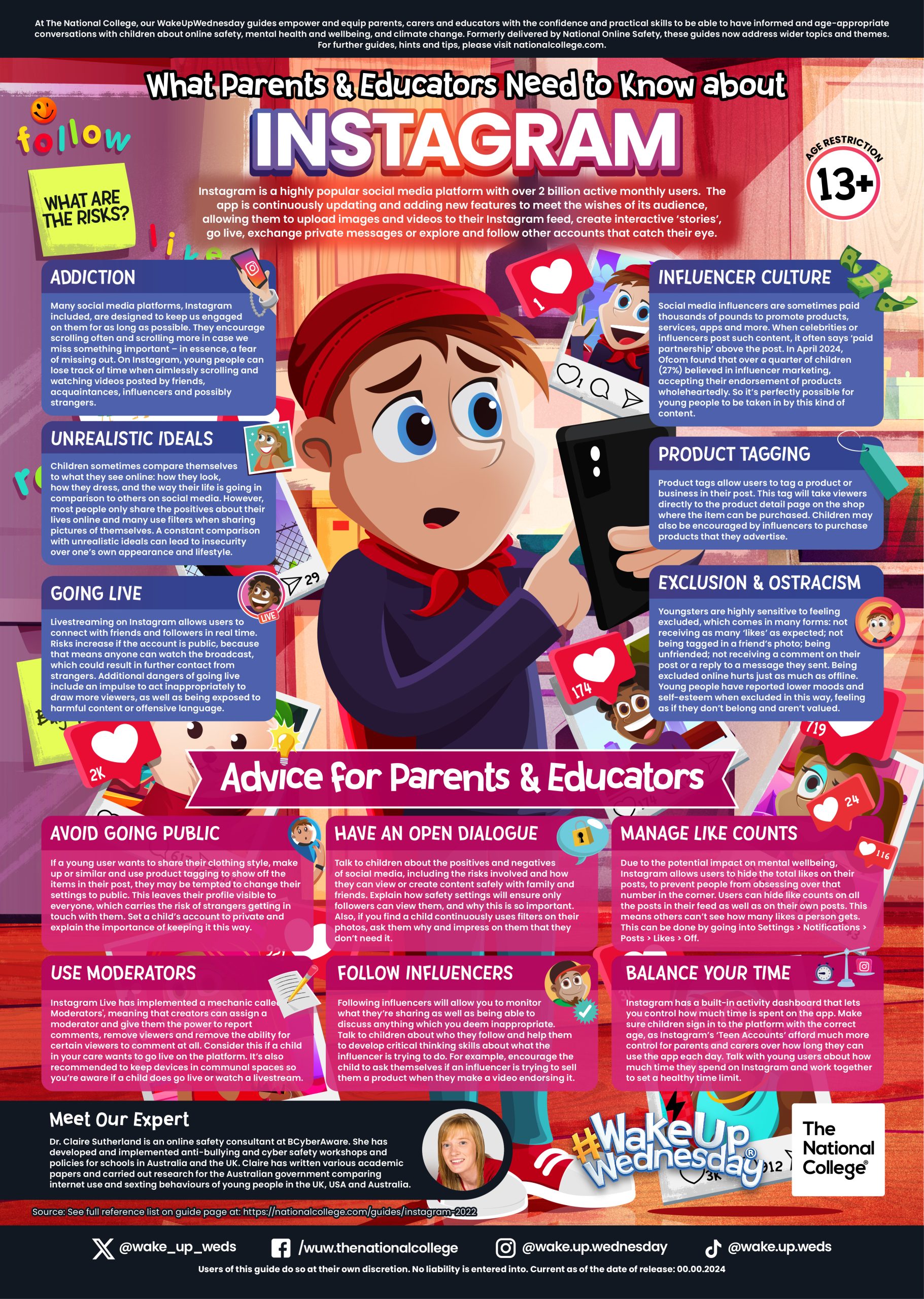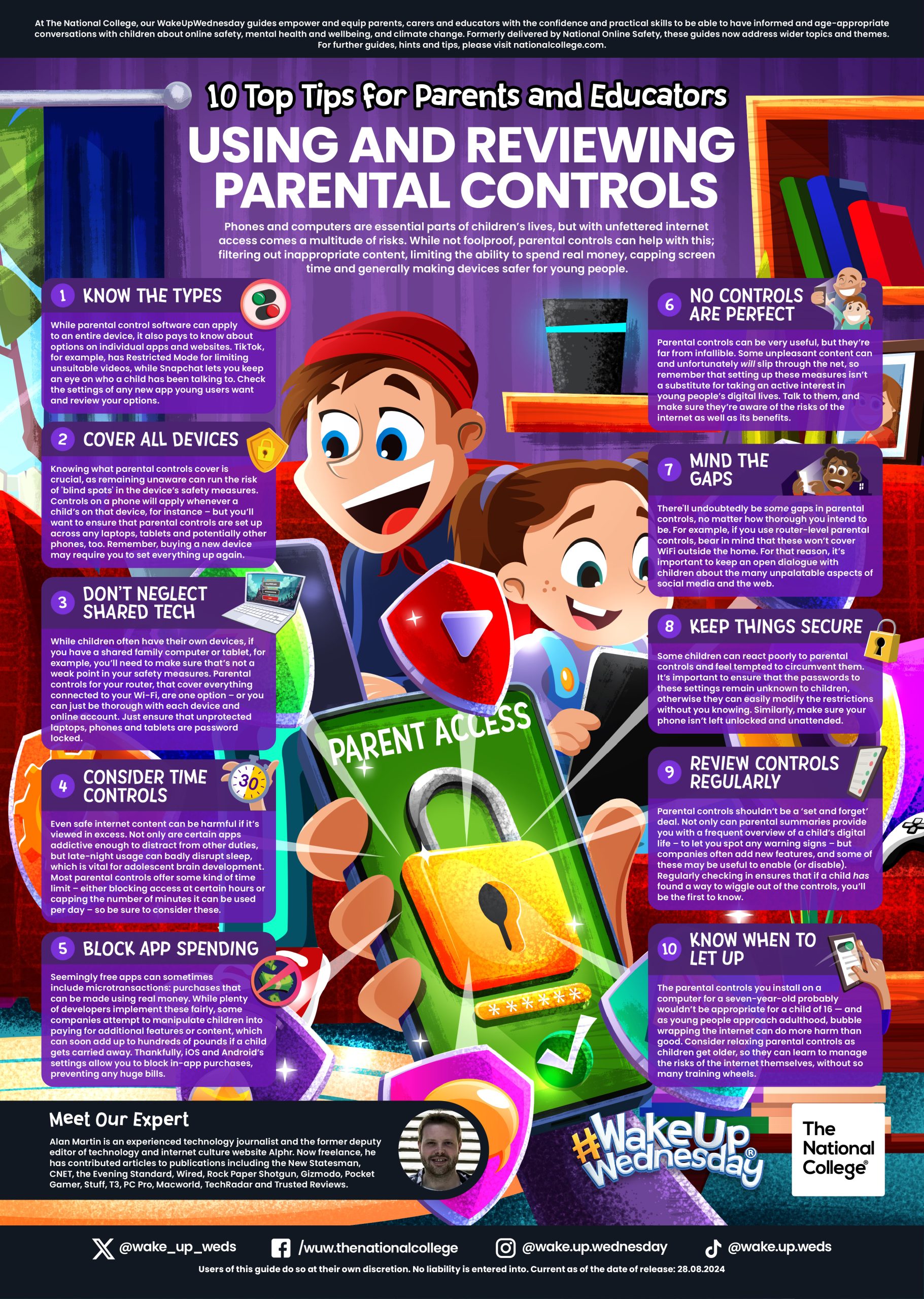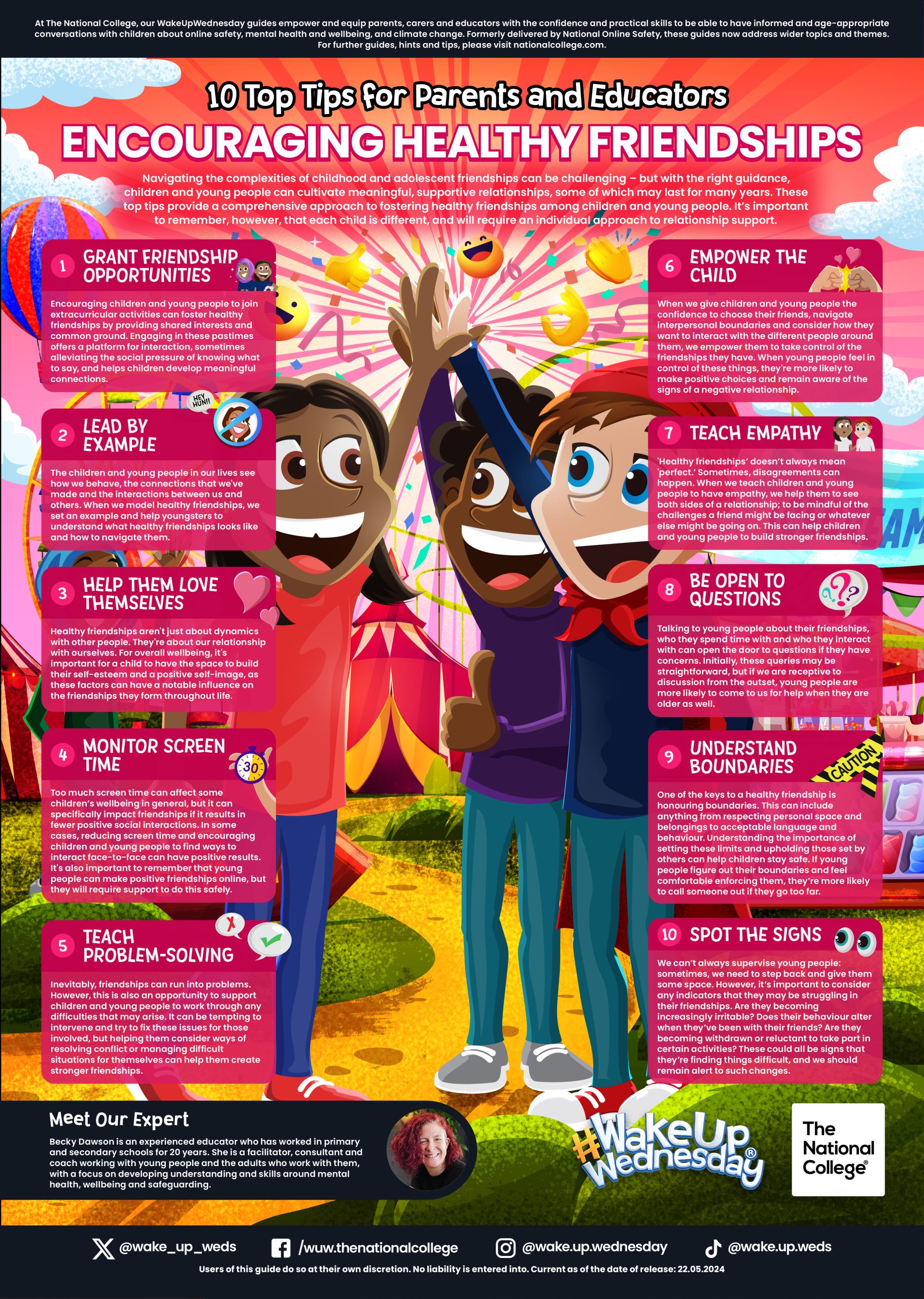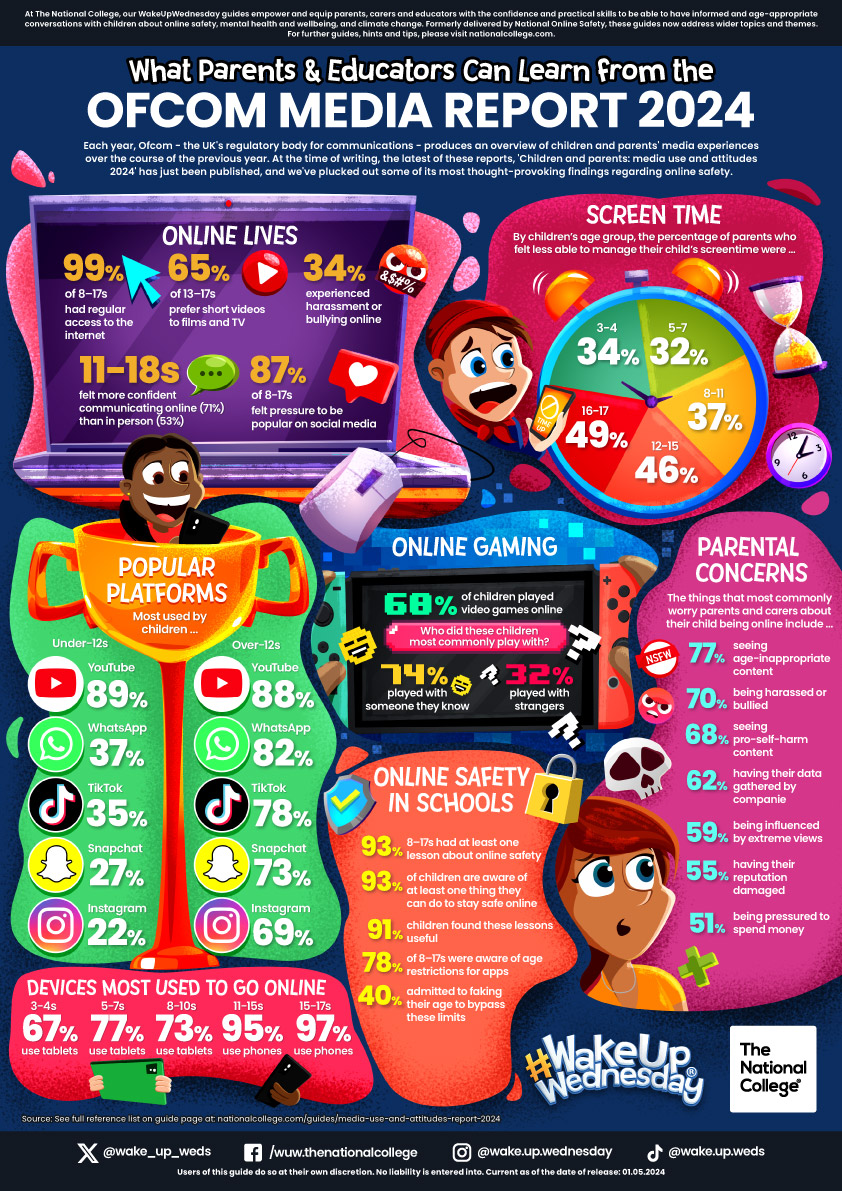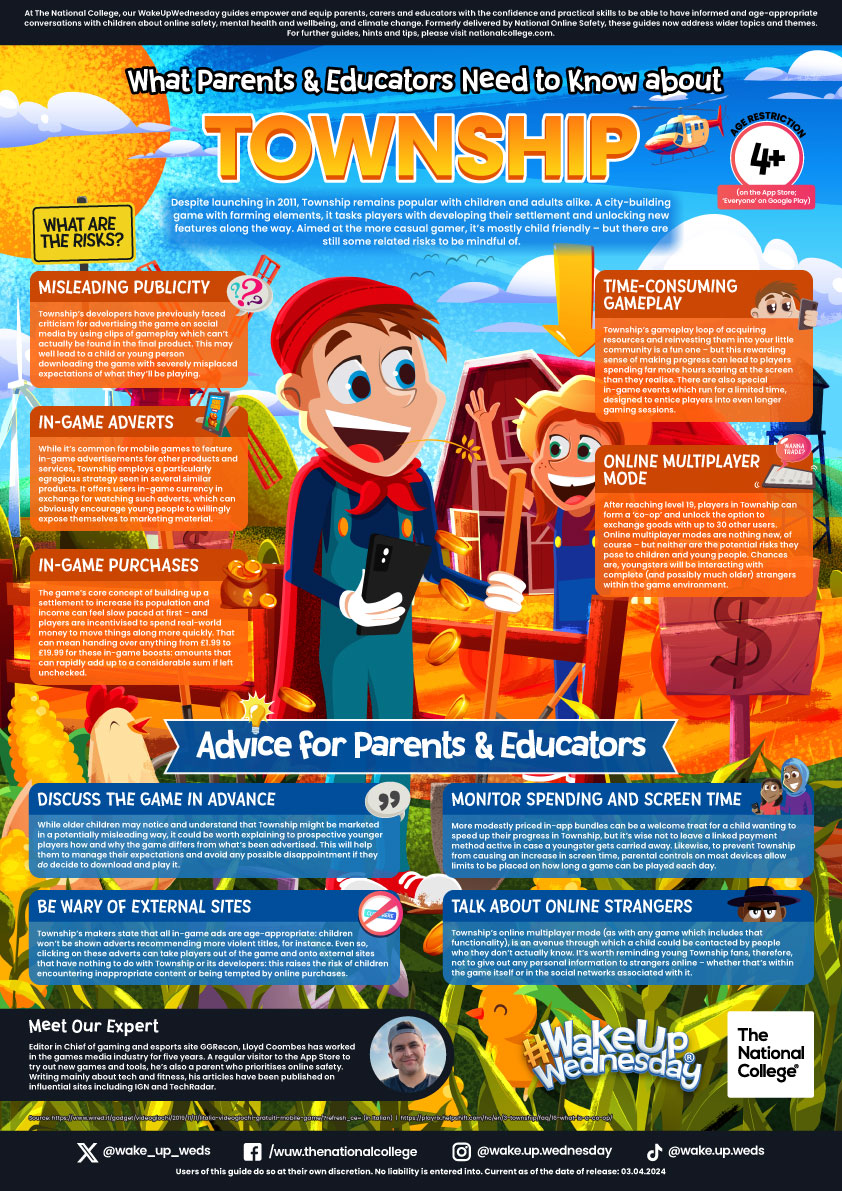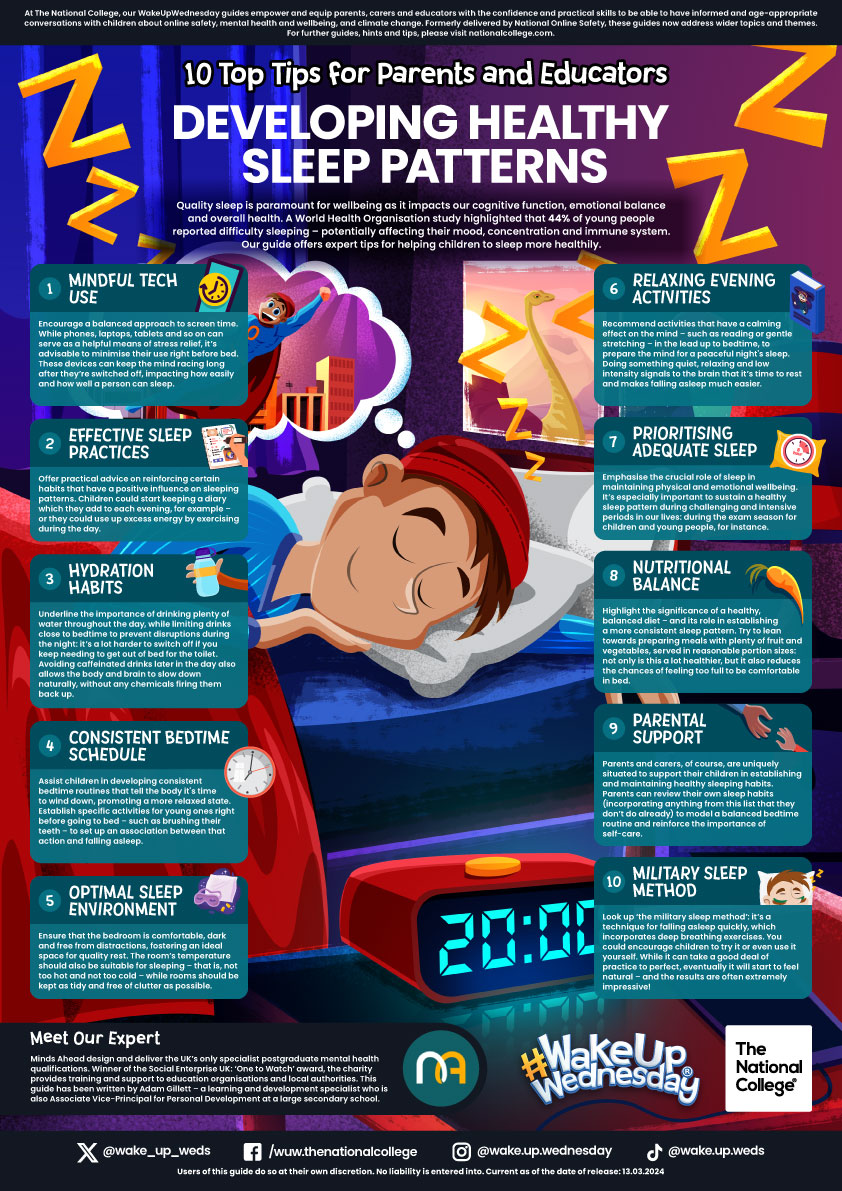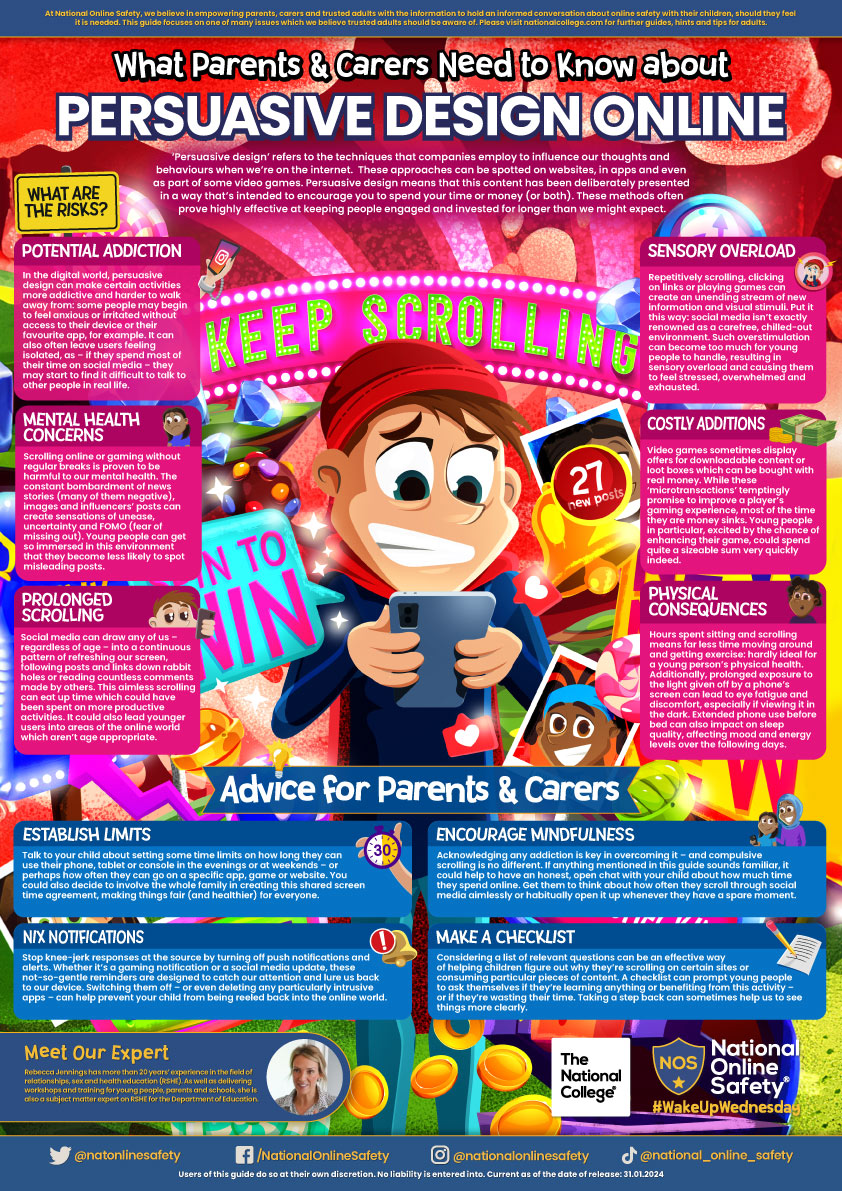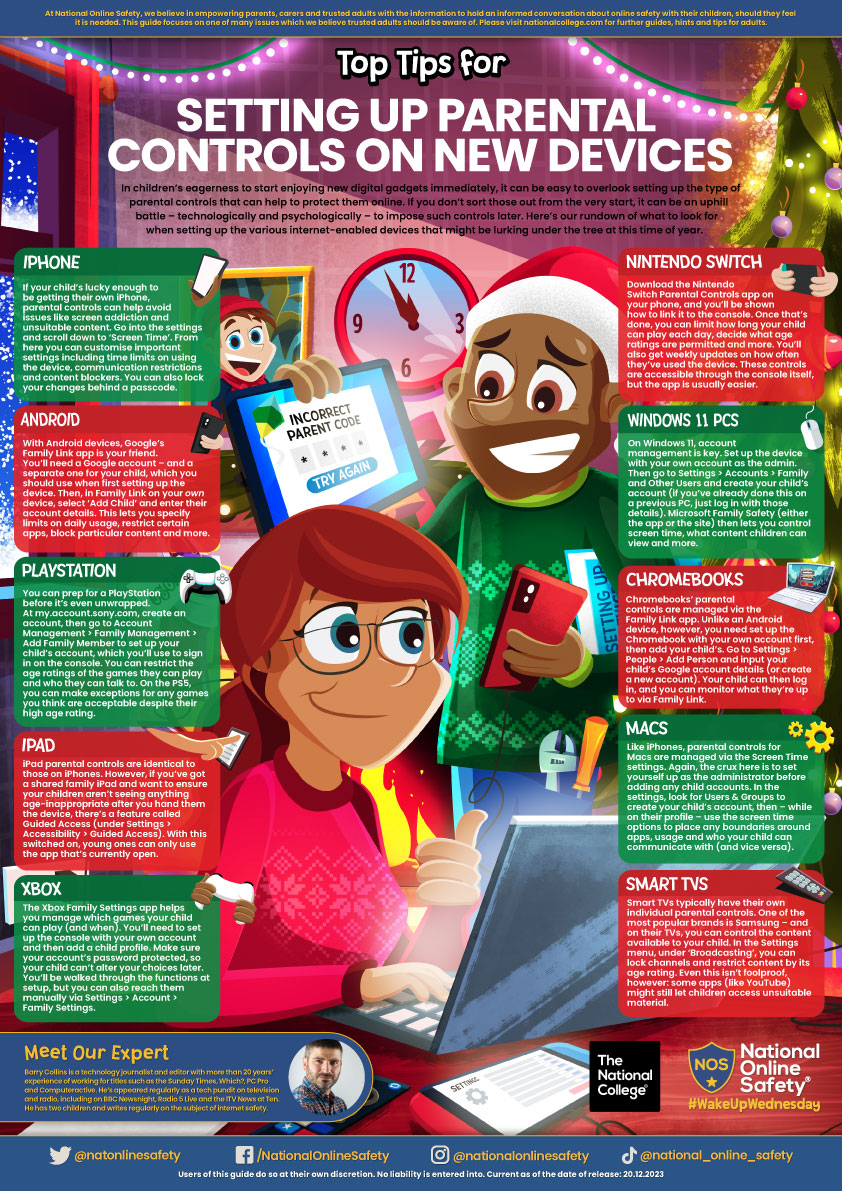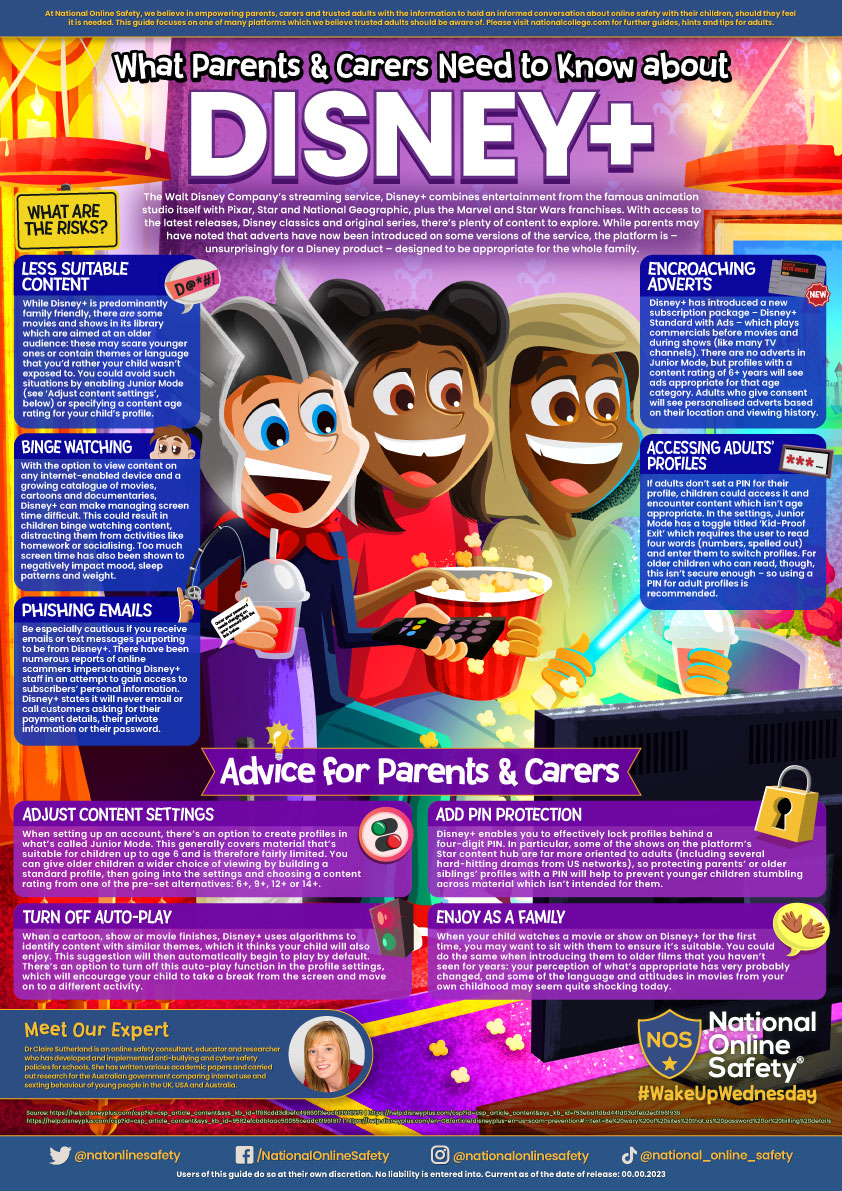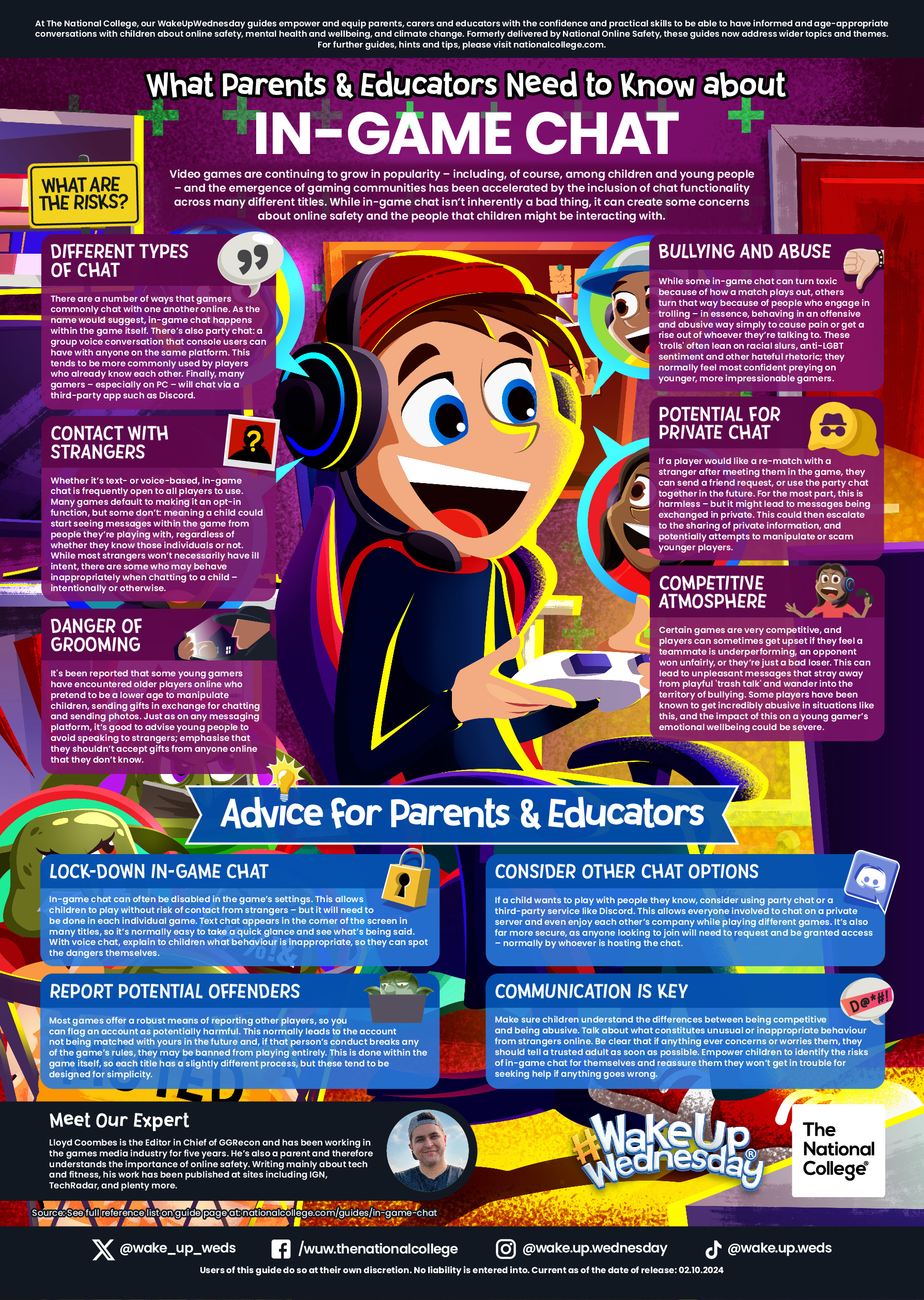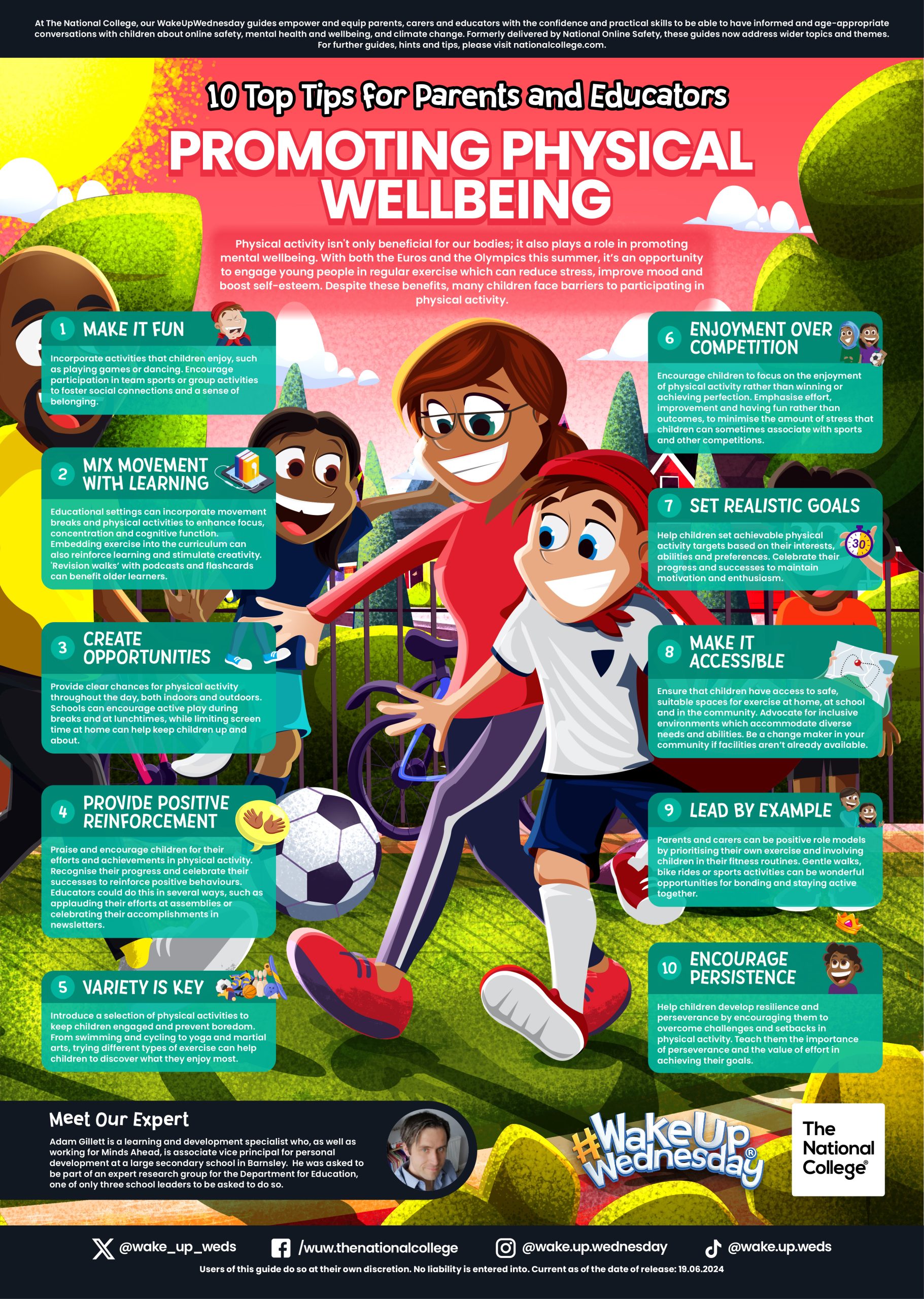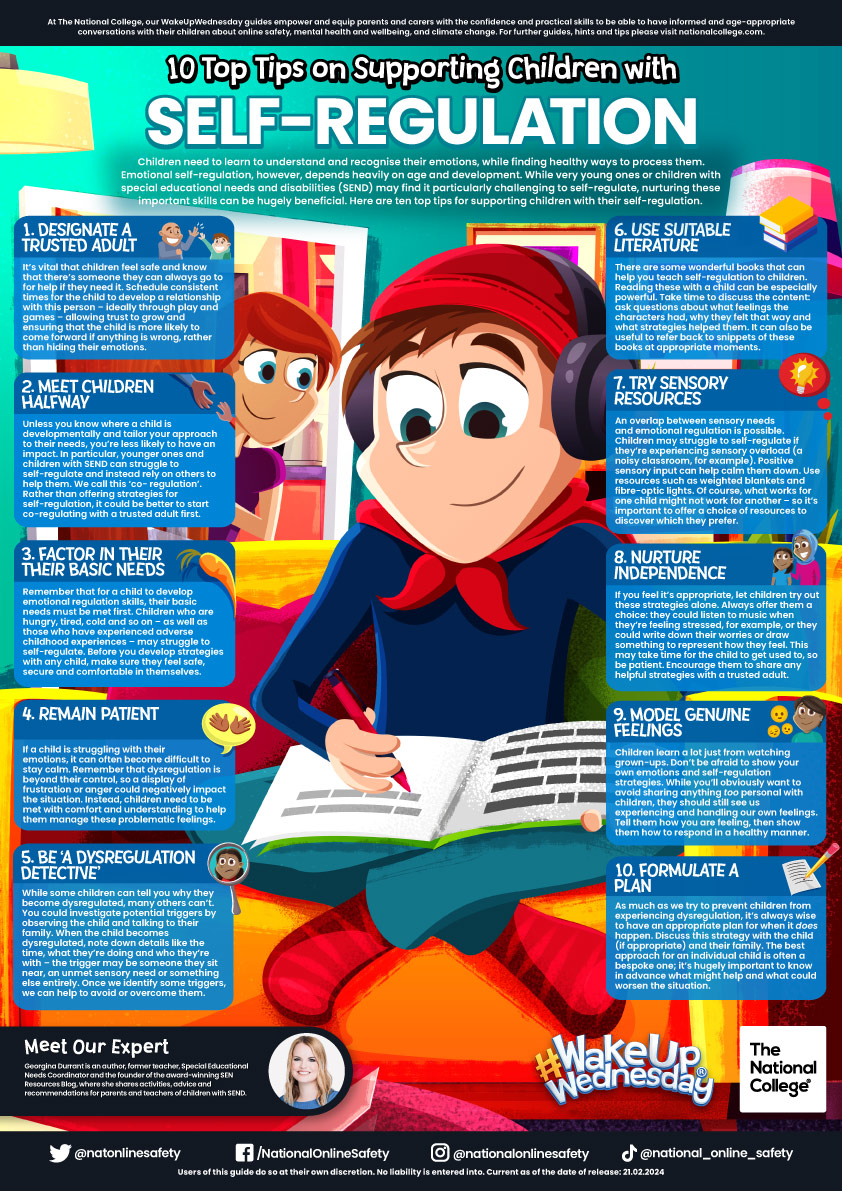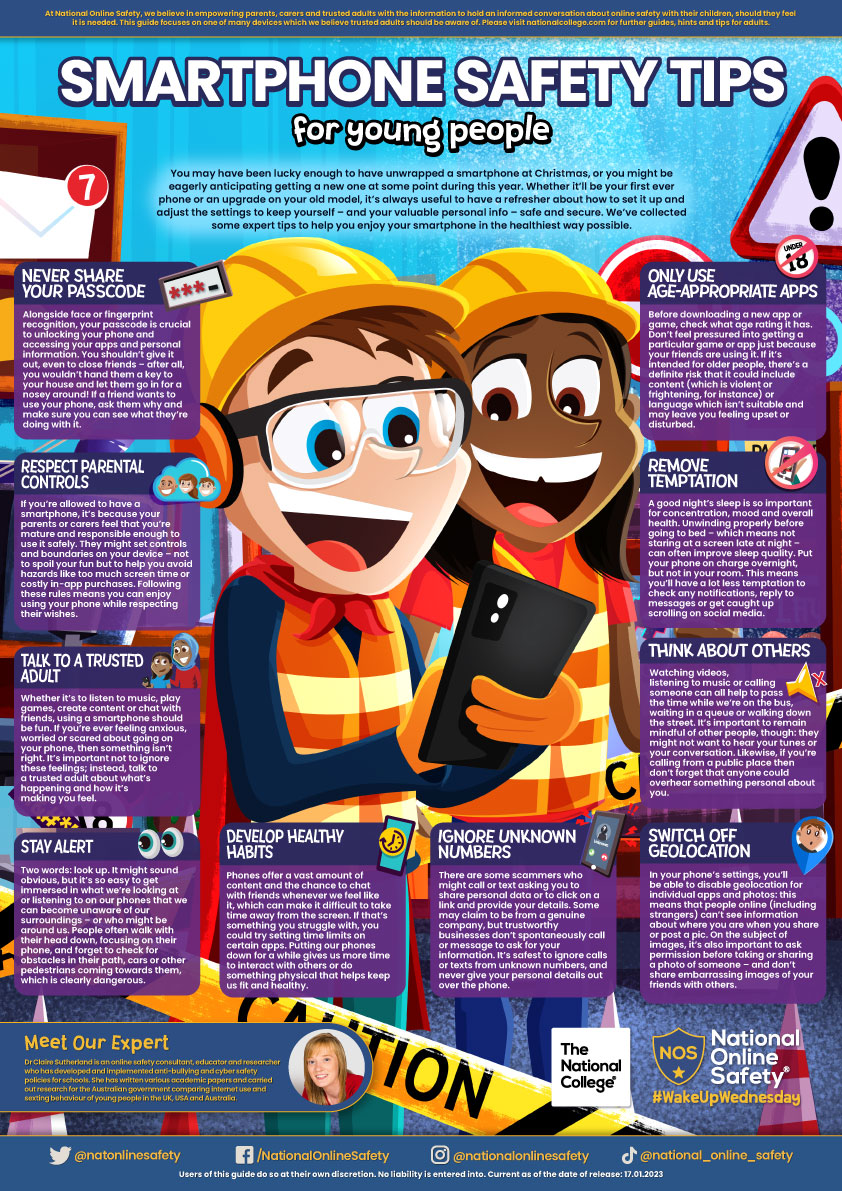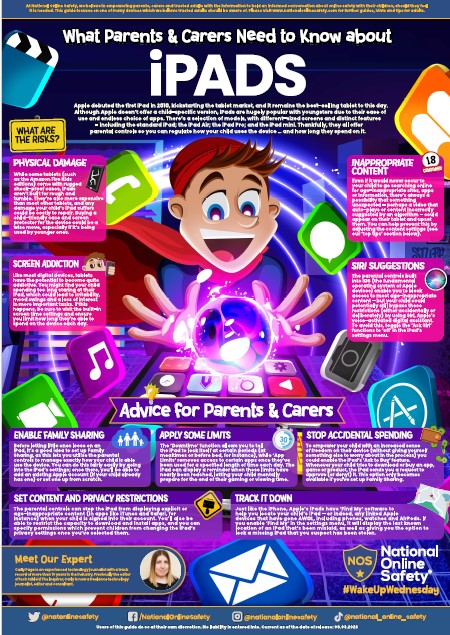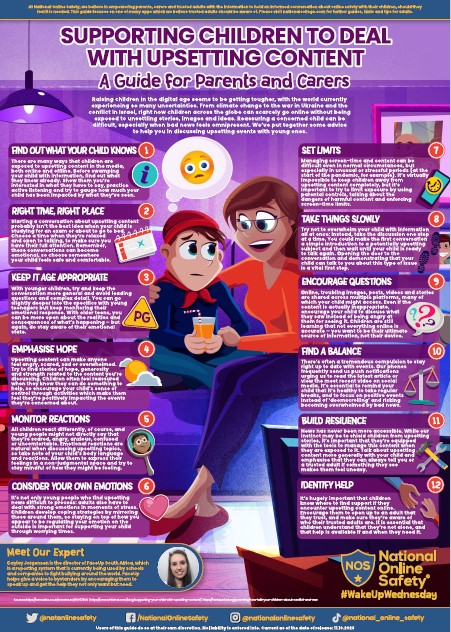E-Safety
The Academy recognises the importance of its children being digitally literate, responsible and safe users of online technologies.
Within our Computing Curriculum the online safety objectives are covered each half term throughout the year, to ensure children are being reminded of the importance of online safety. Children also take part in activities during safer internet day.
As children are beginning to spend more time online and have access to various devices, we recognise the increasing need to promote online safety. As well as teaching children this at school, we also send out online safety posters across the year. These share useful information about a variety of topics and offer helpful tips for children and adults on how to stay safe online. These are also display opposite.
Useful links:
The following policies are on our Trust website:
- Acceptable Use of Digital Technologies Online (e-Safety) Policy
- Keeping Children Safe In Education documentation
- Calderdale School Child Protection Procedures
- Anti-Bullying Policy
- Preventing Radicalisation Policy
- Protecting and Safeguarding Children
- Safer Recruitment and Safeguarding Children
E-Safety Updates
At the beginning of each term-time month our Trust receives and shares e-Safety guidance updates.
Click here to see the most recent and past updates.
The Trust’s subscription also offers access to a number of parental guidance videos which can be seen here.
Some of the topics covered are:
- Setting up Parental Controls on an iPad or iPhone
- Snapchat Privacy settings
- Roblox
- Nintendo Switch Parental Controls
- YouTube Kids App
- Android Parental Controls
WakeUpWednesday Guides
We believe all parents, carers, teachers and trusted adults should be empowered with all the information needed to have informed and age-appropriate conversations about online safety with children. To support this, below are the #WakeUpWednesday online safety guides that have been shared so far. These come from National Online Safety (https://nationalonlinesafety.com).
The computing ambassadors ran a small, anonymous survey to find out which apps children in KS2 have their own account for a number of apps. The results have shown that quite a large number of our children use WhatsApp, followed by YouTube and messenger. If you are aware that your child uses WhatsApp or would like to know more about this app, please see the poster opposite, which details some of the risks and gives advice on its usage.




